Are you ready to unleash the power of protein and transform your energy levels, muscle health, and longevity? As women, our bodies are constantly changing, from puberty to post-menopause, and our nutritional needs evolve with each stage. Understanding how to optimise your protein intake is crucial for feeling your best at any age.
Why Protein is a Game-Changer for Women
Forget the outdated idea that protein is just for bodybuilders. Protein is a powerhouse nutrient with benefits that every woman can appreciate.
Fuel Your Energy: Tired of that afternoon slump? Protein can help stabilise your energy levels and keep you feeling sharp and focused throughout the day.
Build and Maintain Muscle: Maintaining muscle mass isn't just about aesthetics; it's essential for strength, mobility, and preventing age-related muscle loss (sarcopenia). Protein provides the building blocks your muscles need to stay strong.
Support Bone Health: Protein plays a vital role in maintaining bone mineral density and preventing osteoporosis, particularly important as we age. A higher protein intake, combined with resistance training, can significantly reduce the risk of fractures, keeping you active and independent.
Manage Your Weight: Protein promotes satiety, helping you feel fuller for longer and reducing cravings. This can be a game-changer for weight management, especially when combined with a balanced diet and exercise.
Are You Getting Enough Protein? It's Personal
The outdated RDA of 0.75 g/kg/day simply doesn't cut it for many women. Active women, those looking to build muscle, and especially women in peri- and post-menopause need more. Aim for 1.0-2.4 g/kg/day, adjusting based on your individual needs and goals.
Pro-Tip: Evenly distribute your protein intake throughout the day, rather than loading up at dinner which we see a lot of! This ensures a steady stream of amino acids for optimal muscle protein synthesis (MPS). Don't skip breakfast! Kicking off your day with a protein-rich meal can jumpstart MPS and set you up for sustained energy.
Quality Matters: Choosing the Right Protein Sources
Not all protein is created equal. High-quality proteins contain all the essential amino acids (EAAs), especially leucine, which is a key trigger for muscle growth.
Excellent sources include:
- Animal-based proteins: Whey, dairy, meat, fish.
- Plant-based proteins: Legumes, tofu, seeds, nuts. If you're plant-based, be sure to combine different sources to ensure you're getting a complete amino acid profile.
While both plant-based and animal-based proteins offer benefits, here's a breakdown of the advantages of plant-based proteins for women, according to the research:
Satiety and Weight Management: Plant proteins found in whole foods increase dietary fibre, which might have a stronger satiating effect.
Chronic Disease Risk: High intakes of plant-based protein have been associated with a reduced risk of type 2 diabetes. This contrasts with animal protein, which has been linked to an increased risk of type 2 diabetes, potentially due to other factors in those foods like saturated fats.
Heart Health: Menopausal females following vegan diets or ovo-lacto vegetarian diets may experience benefits such as lowered total and low-density lipoprotein cholesterol and triglycerides.
Other Potential Benefits: High intakes of plant-based protein have been associated with later onset of menopause.
Muscle Health: Plant-based protein interventions were favoured for fat mass loss and lean mass accrual.
Sustainability: Plant-protein sources align with reduction of food waste and promote a sustainable food production.
For women over 40, you might want to consider leucine supplementation to maximise muscle anabolism, potentially requiring 2.5-3 grams of leucine per meal.
Supercharge Your Results: Protein And Exercise
Protein and resistance training are a match made in heaven! Exercise increases your muscles' sensitivity to amino acids, making them more receptive to repair and growth. Aim for 2-3 strength training sessions per week to maximise the benefits.
Simple Strategies for Success:
- Make protein a priority at every meal.
- Utilise protein supplements to bridge any gaps.
- Choose high-quality protein sources.
- Distribute your intake evenly throughout the day, and ensure you get your protein intake in within 30-45 minutes post exercise.
Ready to Dive Deeper? Watch Our Masterclass!
Want to unlock even more secrets about protein for women's health? Watch our in-depth masterclass featuring expert registered nutritionist Melanie Wilkinson! Discover personalised strategies, debunk common myths, and gain the knowledge you need to take control of your health and thrive.

Written by: Rachel Prince | Co-Founder & Pregnancy & Postpartum Exercise Specialist




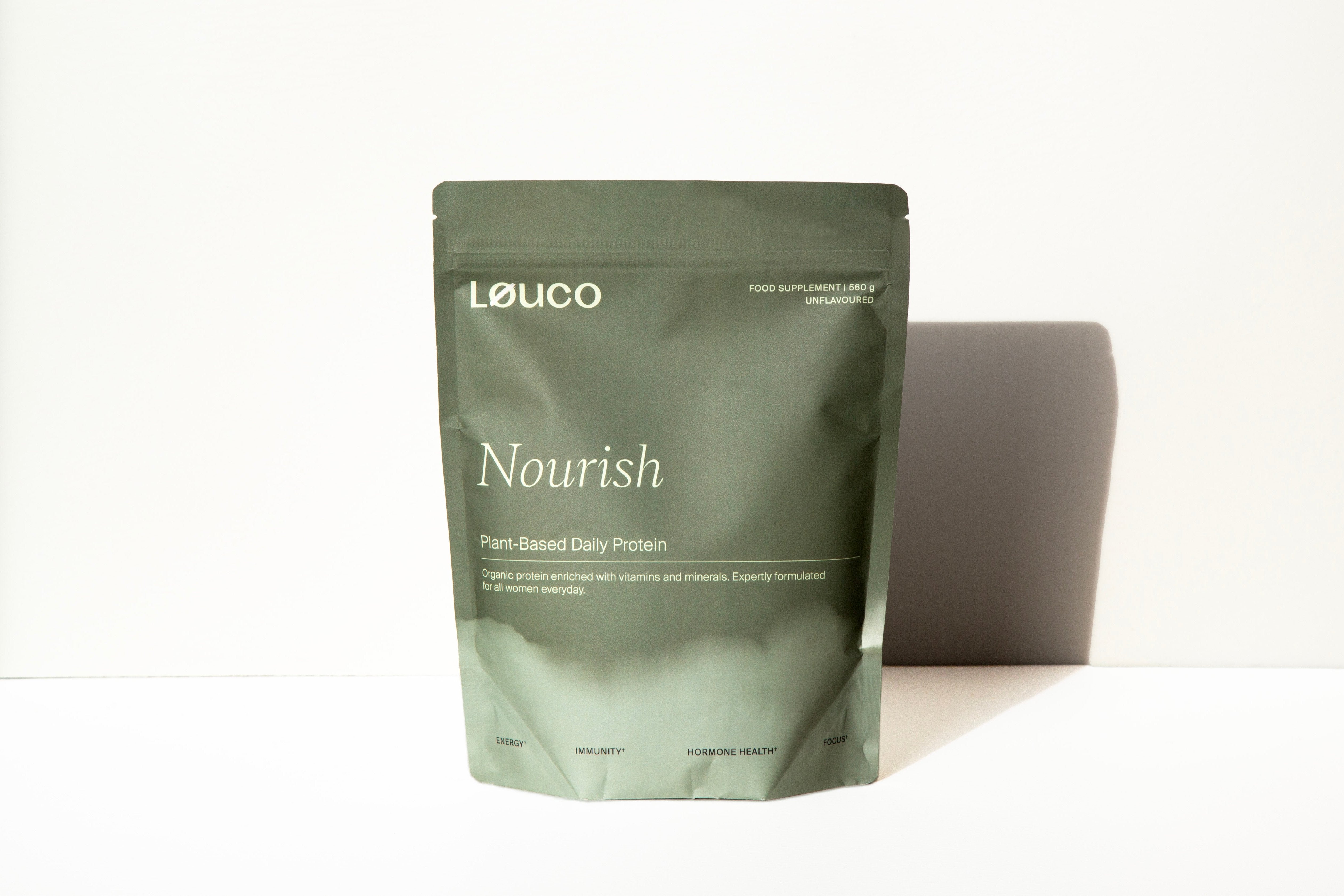
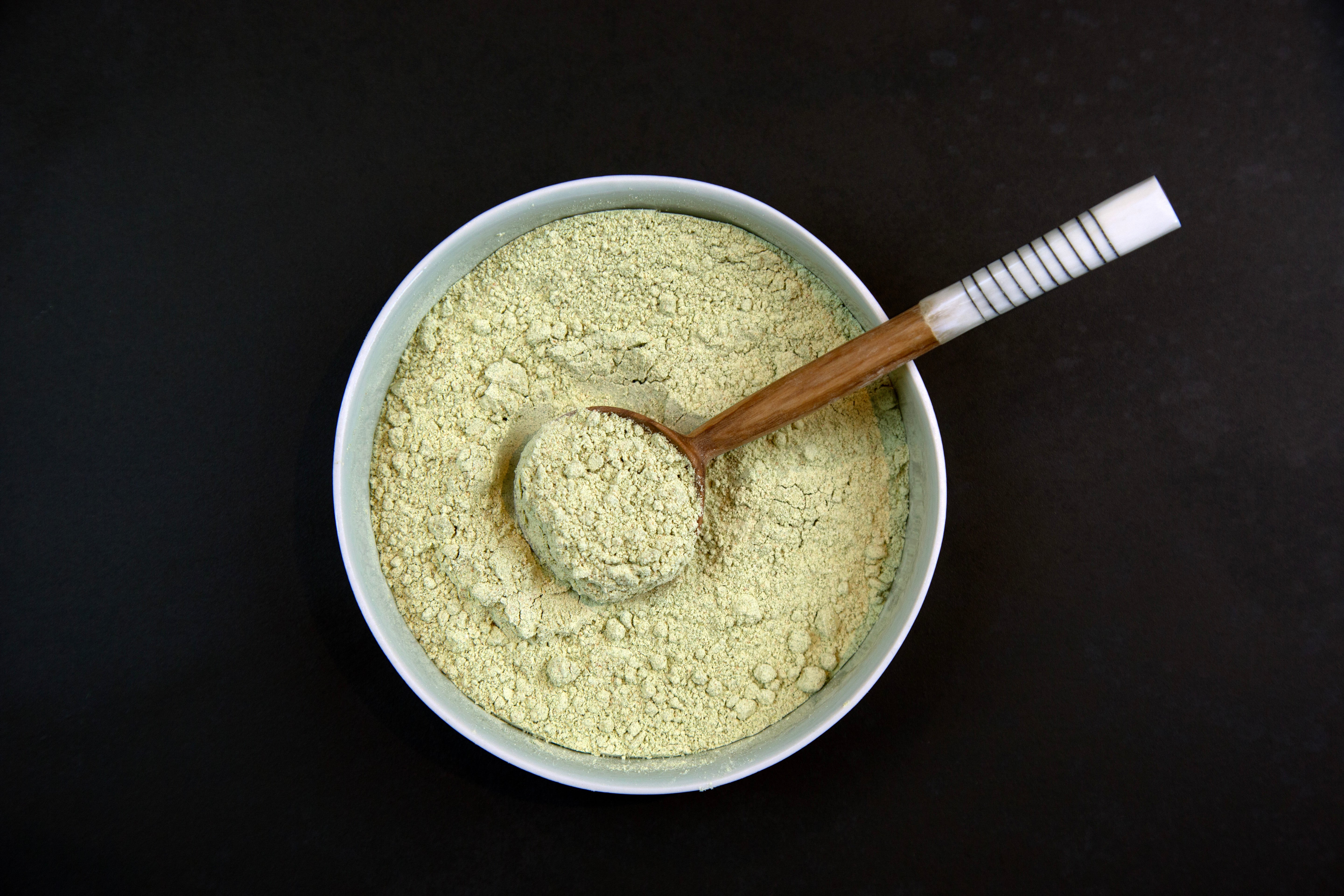
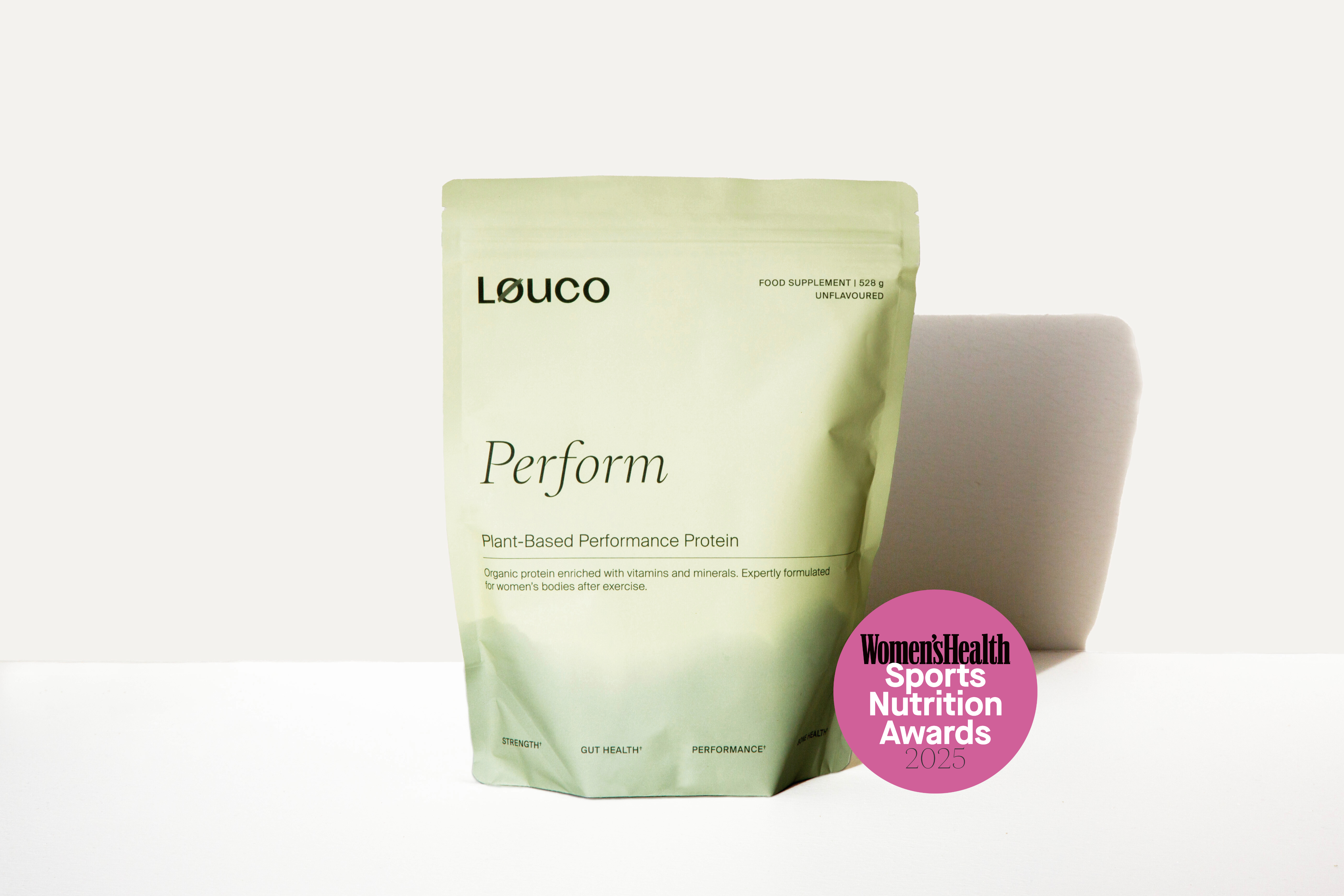
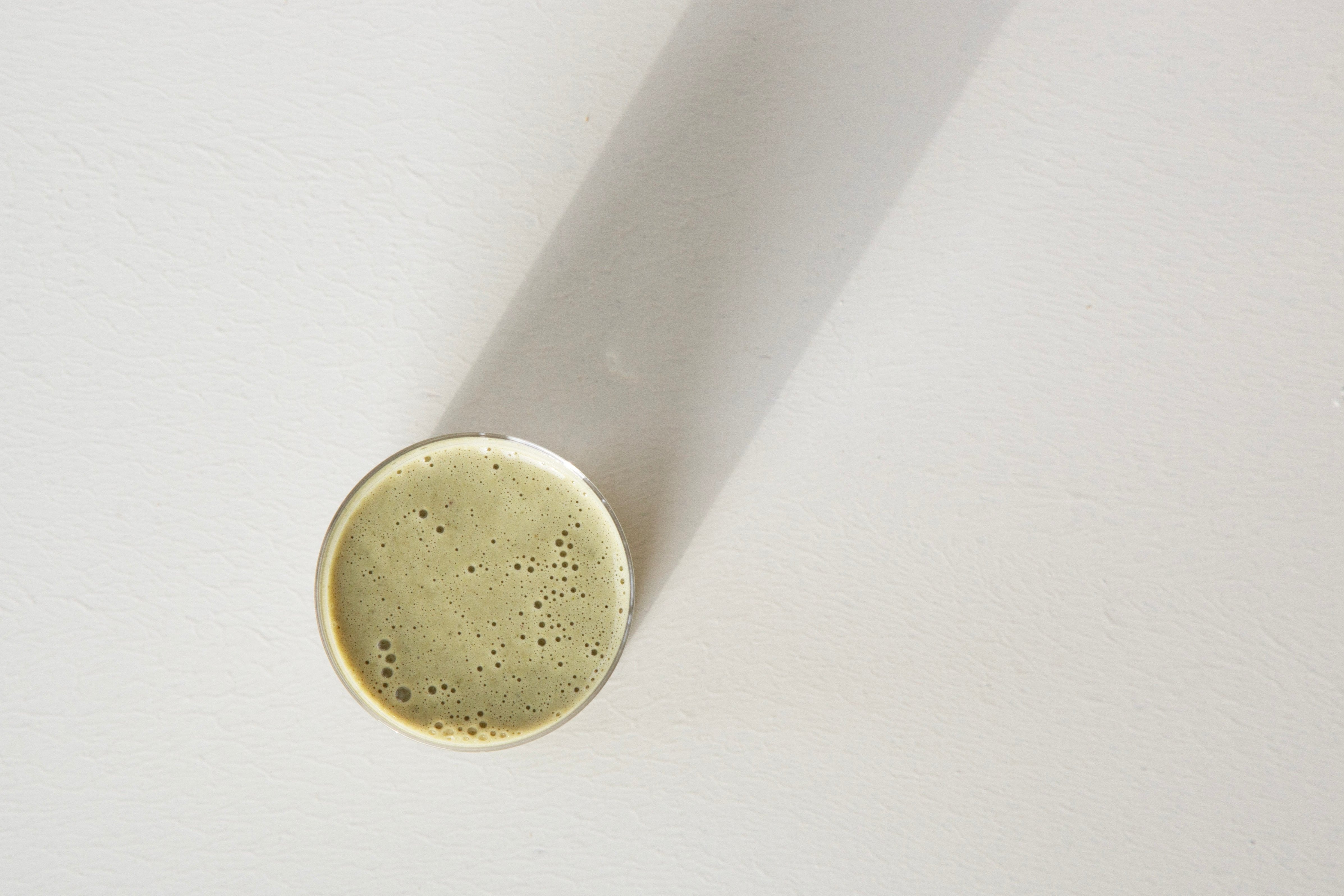
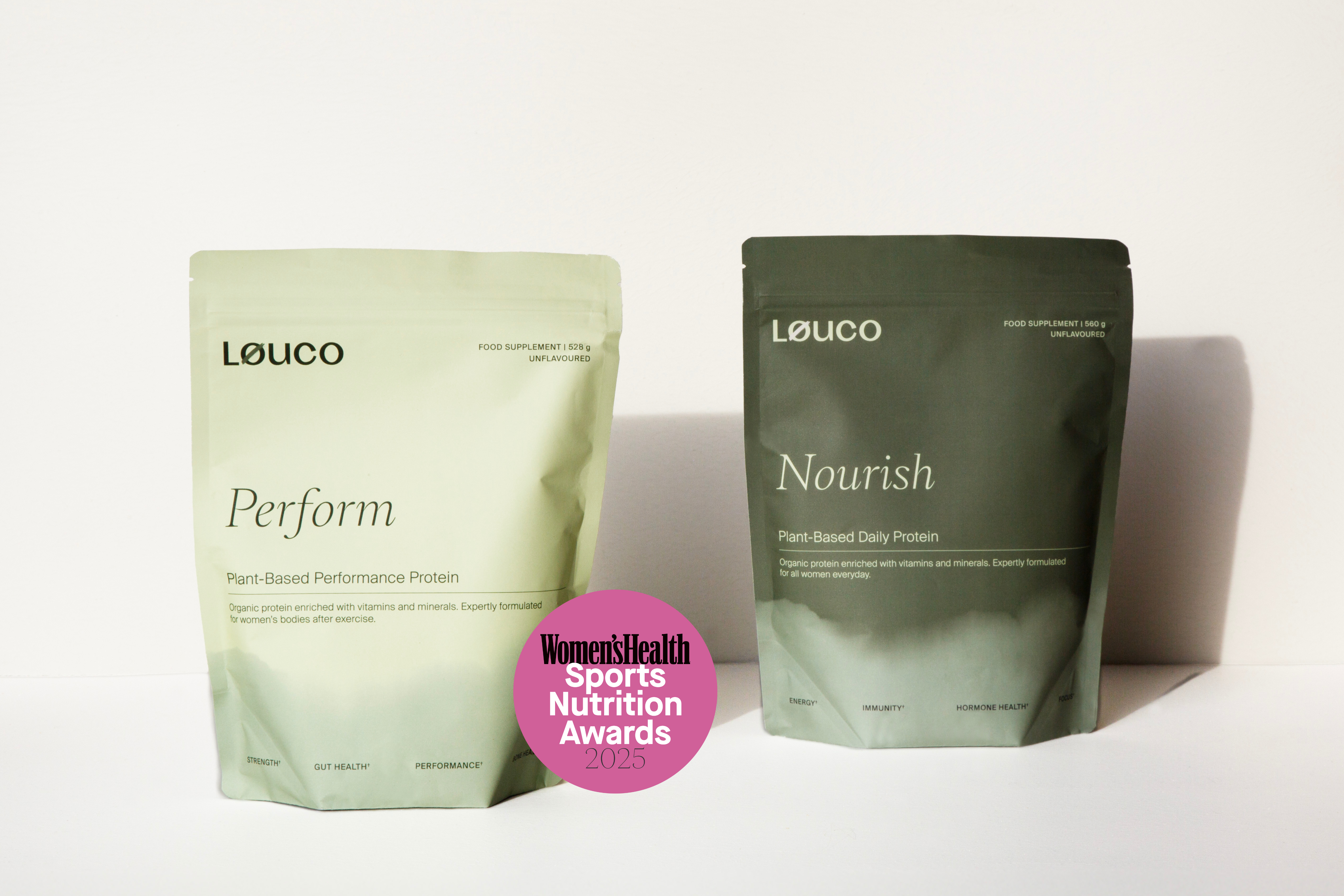
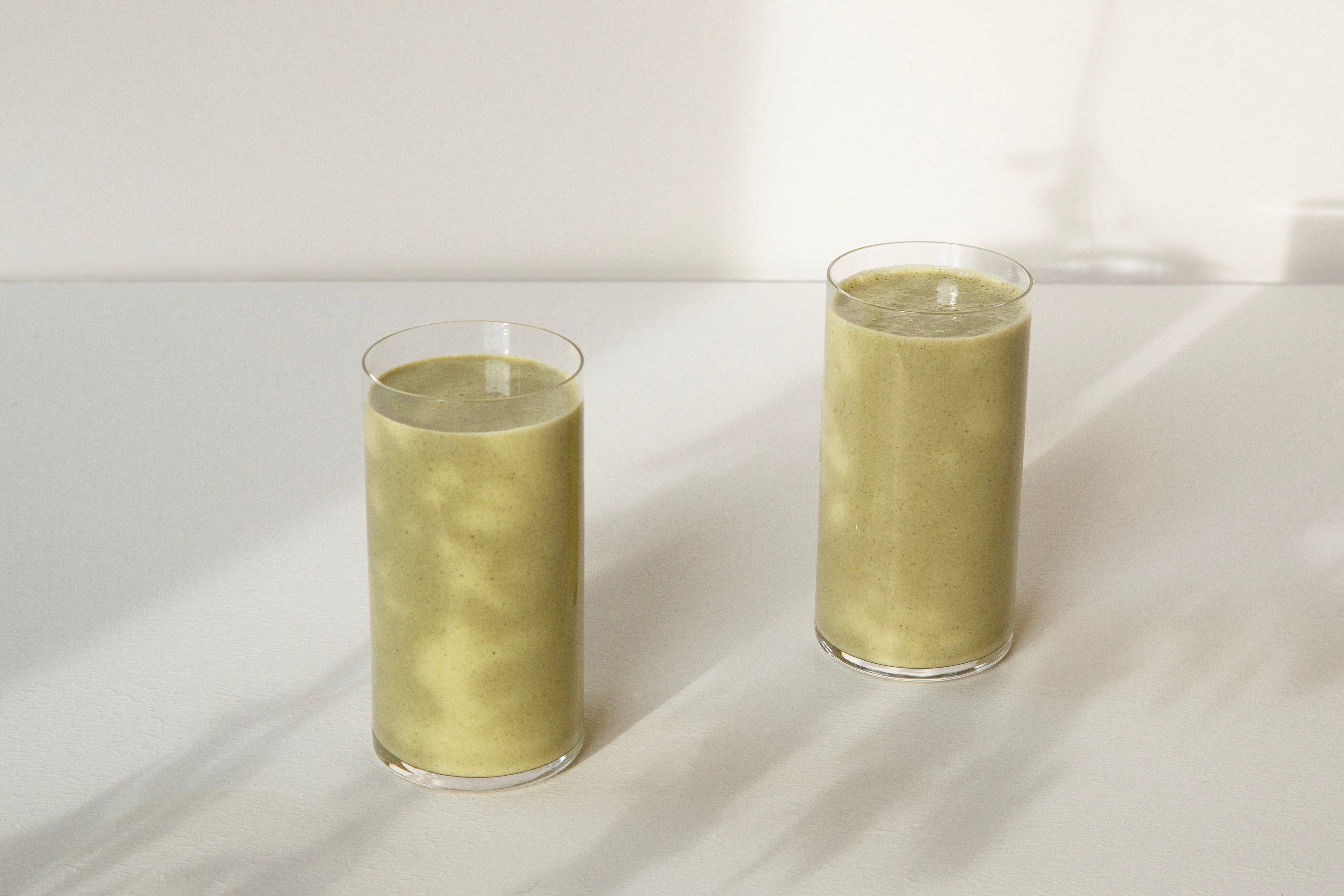

Leave a comment